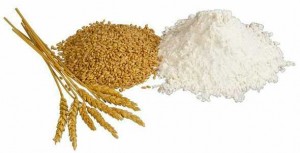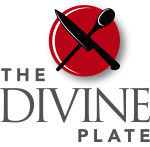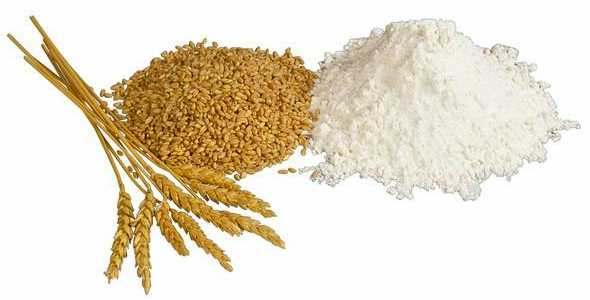White Bread Versus Whole Wheat Bread
When I learned the information I am about to share, I made a pledge to cut white bread out and to use whole wheat flour in my cooking whenever possible. Read on and you will see why. Thanks to the fabulous staff at Trader Joe’s for sharing this with me.
 What is the difference between white and whole wheat bread?
What is the difference between white and whole wheat bread?
The biggest differences between white bread and whole wheat are the processing and nutritional value.
Flour is made from wheat berries. The wheat berry is made up of the bran, the germ and the endosperm. All parts are filled with nutrients and are used in whole wheat flour.
White bread on the other hand, uses only the endosperm – the starchy inner layer. There are a total of 30 nutrients missing in white bread. The nutritional difference is immense and has measurable impact on our health.
Not only is white flour drastically less nutritious than whole wheat flour, but it is also chemically bleached. The bleaching process was invented due to, not surprisingly, money. Factories figured out they could speed up the normal aging process of flour (months) into literally days to make it ready to sell.
Flour mills add chemicals in the bleaching process such as nitrogen oxide, chlorine, chloride, benzoyl peroxide, and even potassium bromate. Many European countries ban the bleaching process entirely. Except for an off-white tint, unbleached flour is identical to bleached flour in terms of cooking; many professional chefs will not use bleached flour due to the slight chemical taste in the final product many can detect.
What is the impact of switching from white bread to whole wheat?
The fiber content of whole wheat bread has several health benefits.
Fiber helps the digestive system. It also creates a “full” sensation and thus can help with weight control. Research has been conducted by Harvard and other organizations that shows men and women who eat high-fiber foods have fewer heart attacks and strokes than those who don’t.
There is also an increased risk of diabetes in children who eat refined white flour – a risk that has been proven by the increase in cases of childhood diabetes.
What to look for on the label?
Beware of words like “wheat flour” or “enriched wheat flour” as they can be mostly made from white flour with just a small amount of whole wheat added in.
Look for “whole wheat” or other whole grains, like oat. And don’t be misled by the name of the product. Names like wheat, whole bran, stoned wheat, 12 grain and others are still mostly white flour. The only way to know for sure is to read the label.


Comments are closed.